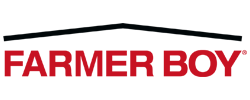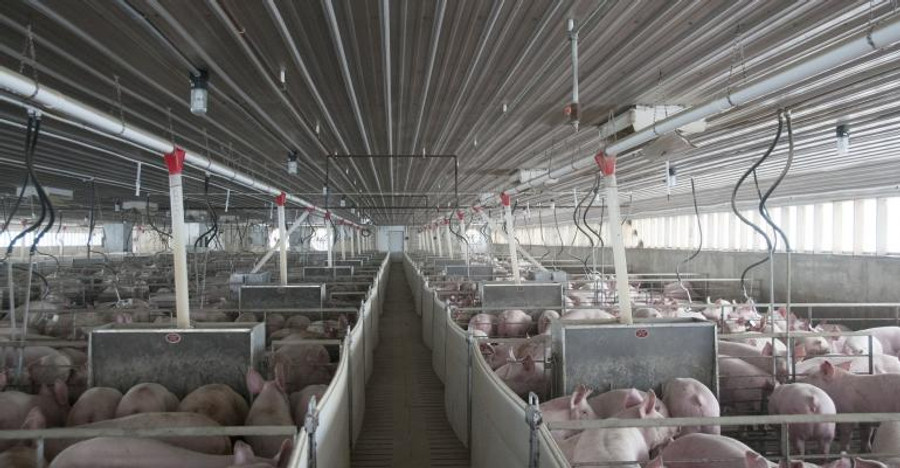Essential Swine Farm Biosecurity Measures
Jul 12, 2022
Disease control is crucial for a successful swine operation. For this reason, proper biosecurity protocols must be treated as a critical health and safety factor.
In this article we review the core biosecurity measures that should be implemented and followed on every swine farm.
Wear Clean Clothing and Boots
Bio-exclusion plays an important role in an overall biosecurity plan. Practical measures, like changing or cleaning clothing before entering the nursery help reduce the potential for disease transmission. These practical measures can be further enhanced with the use of PPE.
The Importance of Personal Protective Equipment (PPE)
In environments that require stricter bio-exclusion measures, such as raising and handling multiple herds of young swine or other livestock, using PPE will ensure the health and safety of your animals and workers.
Important biosecurity products for the farm include items like:
●Respirators
●Disposable gloves and boot covers
●Coveralls
●Safety glasses
●Different Pair of Boots per Barn
When used properly, these items can help prevent the spread of highly contagious diseases that can be transferred by humans between separate herds or directly from humans to swines. In larger swine operations, it becomes even more important that PPE is readily available and properly used.
Separate Swine From Other Livestock
In smaller and medium-sized farms with multiple types of livestock, it’s important that swine herds are kept separate from other animals.
Swine, particularly young animals, can spread or contract diseases from other livestock. Conversely, swine can spread diseases to other livestock as well. Feed, bedding, and water sources should also be kept separate.
Keeping Age Groups Separate
Of course, when multiple generations of swine are present at the same farm, they should be kept isolated — most especially the young swine from older hogs. With a less robust immune system, young swine are more susceptible to illnesses than older animals. Always visit younger swine 1st each day then proceed to older animals
Proximity To Other Swine Facilities
While generally less of a concern, the location of your pig farm does play a part in biosecurity. The University of Missouri recommends maintaining 1.5 miles between different swine operations. Because pathogens can be transported by the wind over relatively short distances.
Control Access To Facilities
Large scale pork production facilities should be particularly mindful of who is accessing livestock. On larger farms, it can be difficult to track employee and visitor movements.
That’s why it’s important to implement procedures for all individuals to follow when entertaining the facilities. This may include:
●Requiring visitors to sign-in and provide information about any other contact they’ve had with livestock. This information should be used to perform risk assessment.
●Properly locking facilities and ensuring that only properly clear and trained individuals can enter those facilities.
●Displaying the proper signage to inform visitors of biosecure areas and the appropriate measures.
Regularly Clean Facilities and Equipment
Swine facilities and equipment should be kept clean. Power washing equipment can be used to remove dirt and manure. After removing visible manure dirt, and debris, also be sure to disinfect both equipment and previously occupied areas before moving in a new herd or rotating swine.
Detergents can be used to remove any initial dirt with warm water. However, specific agricultural disinfectants should be used to wash equipment that has direct contact with swine and any facilities that swine occupy. Be sure to consult the manufacturer directions before applying any disinfecting chemicals.
Biosecurity With Farmer Boy
Whether you operate a small farm or a large pork production facility, Farmer Boy has agricultural biosecurity supplies to meet any need.
Shop online for PPE products, disinfectants, and sanitizing equipment for your farm. Need help finding the right equipment? Give us a call at 1-800-845-3374 for assistance!


